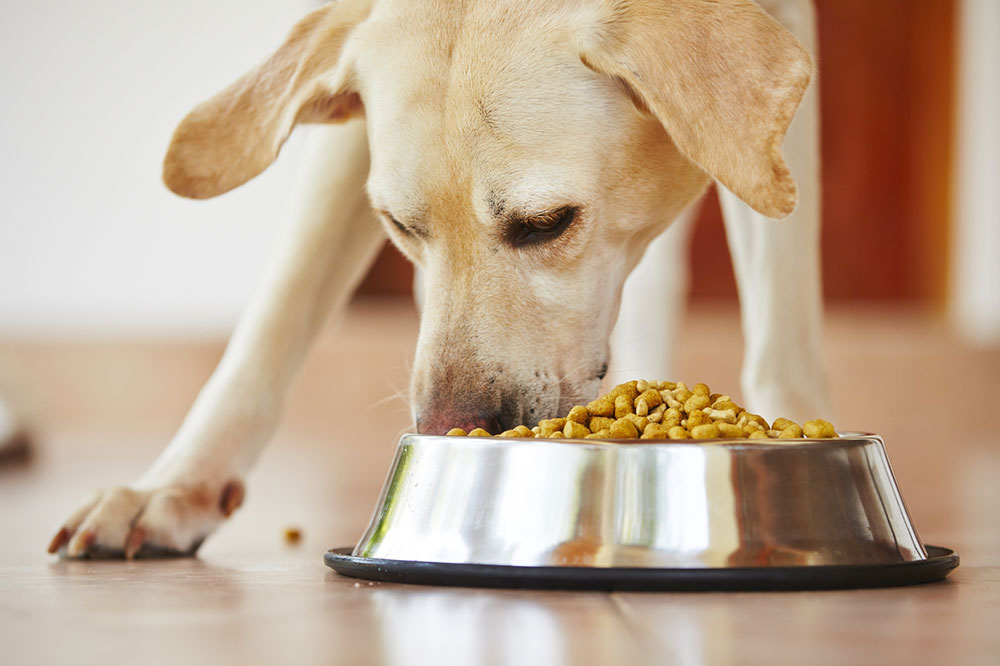
Leading Causes of Food Allergies in Dogs
Dogs have allergies to food and other environmental factors. The most common symptoms of food allergies in dogs are ear infections, chronic diarrhea, itchy skin, and restlessness. A food allergy seen in dogs could also be made worse by an environmental allergy.
What is a dog food allergy?
A dog food allergy is an immune response to a particular external allergen. When the allergy-causing food protein is ingested, it is wrongly identified by the immune system as a harmful foreign substance. The immune system then releases histamines and other compounds that are the actual causes of food allergies in dogs.
Common causes of food allergies in dogs
Some of the most common allergens in food are dairy, meat, and eggs. Apart from these, the following are the leading causes of food allergies seen in dogs.
1. Beef and chicken
Higher exposure to an allergen causes stronger allergic reactions to them. This explains why the most common causes of food allergies in dogs are also the most common ingredients in dog food. Food allergies also happen when you feed a dog the same protein for long periods of time. So, maintaining some variety of protein sources and types reduces food allergy risks. Since beef is very commonly used in pet food, it is also a common allergy trigger. Chicken is another popular protein. So, in the same manner as beef, over exposure can cause allergies. A dog that is allergic to chicken may not be allergic to turkey and other poultry.
2. Lamb
Since lamb is comparatively not as popular as beef and chicken, the chances of over exposure to it are lower. This is the main reason why vets recommend lamb for dogs that are allergic to chicken or beef. However, it is entirely possible that your dog could be allergic to lamb.
3. High protein grain
It is found that dogs are more likely to be allergic to meat than grain. Pure carbohydrate grains do not have any proteins in them and are probably the safest choice. Grains that have higher protein content such as corn and wheat are frequent causes of food allergies in dogs.
4. Eggs
Some dogs are allergic to the protein present in eggs. Eggs are easier to avoid than other animal fats and protein.
5. Dairy
Dogs can also develop lactose intolerance just like humans. However, while a lactose intolerance will cause gastric issues such as gas and bloating, a food allergy to dairy will also trigger skin issues.
6. Fats
While fats seem to be a safe bet to include in dog food, they have to be pure. If there is protein contamination during the processing of the fat, it could trigger an allergic reaction in the dog.
7. Gelatin
Some dogs are allergic to gelatin. Feeding the dog supplements that are sold in gelatin capsules may trigger an allergic response.
8. Soy
Soy can cause allergies and is known to be associated with other health problems in dogs. It is best to avoid soy products or additives to your dog’s diet altogether.
9. Food additives
Dog foods also have a host of chemicals such as preservatives, flavor enhancers, and coloring agents in them. These could also be adding to the other causes of food allergies in dogs.


